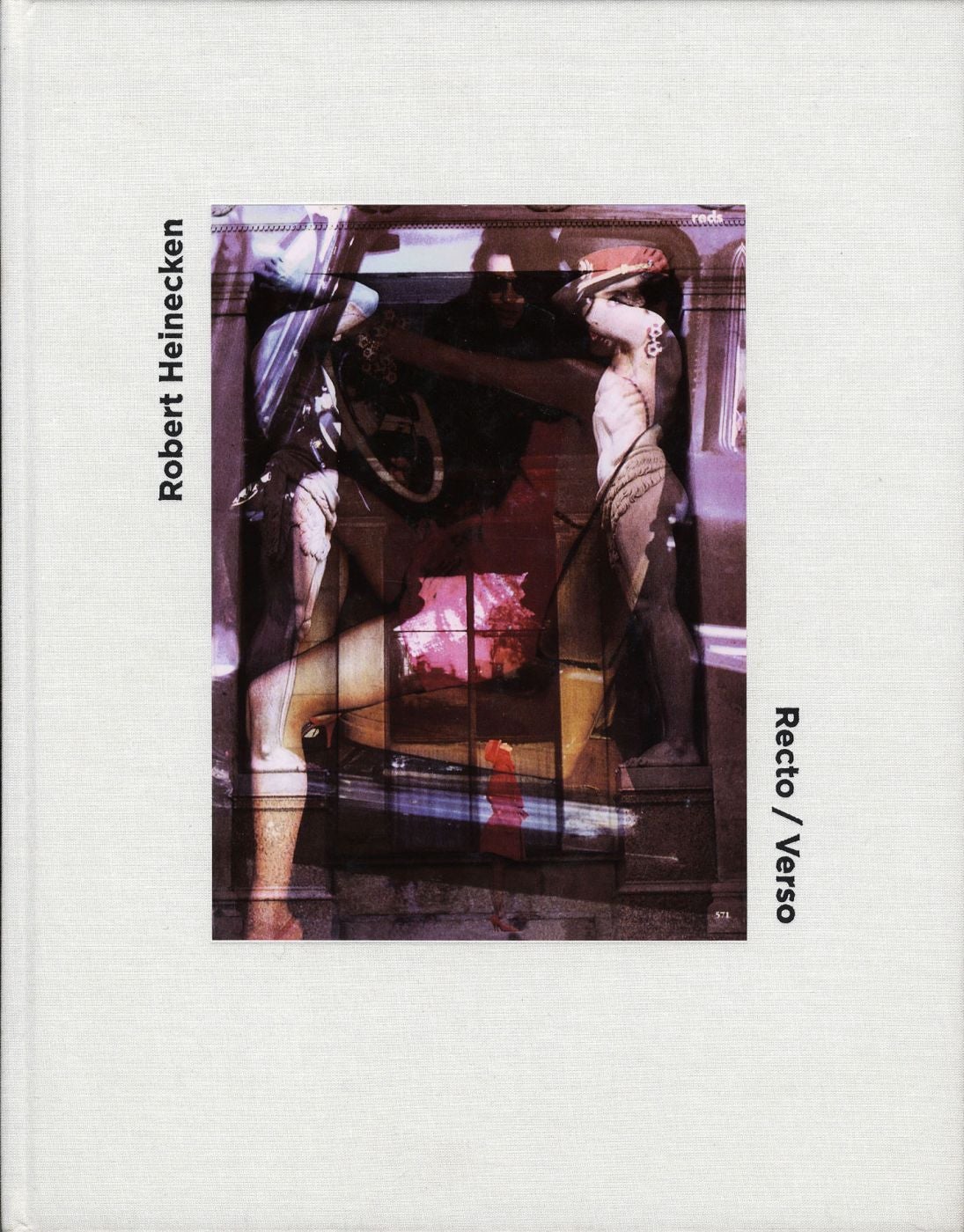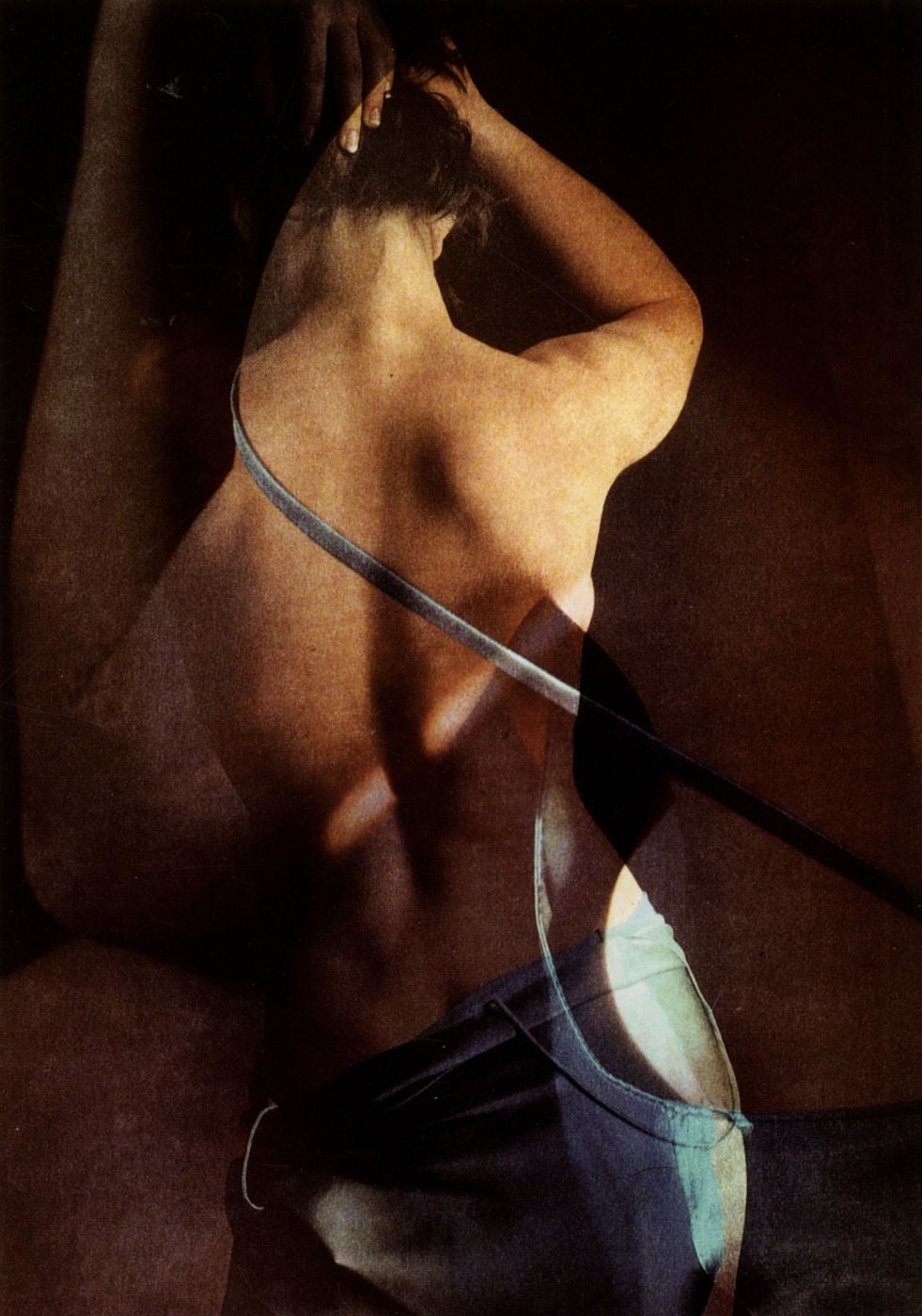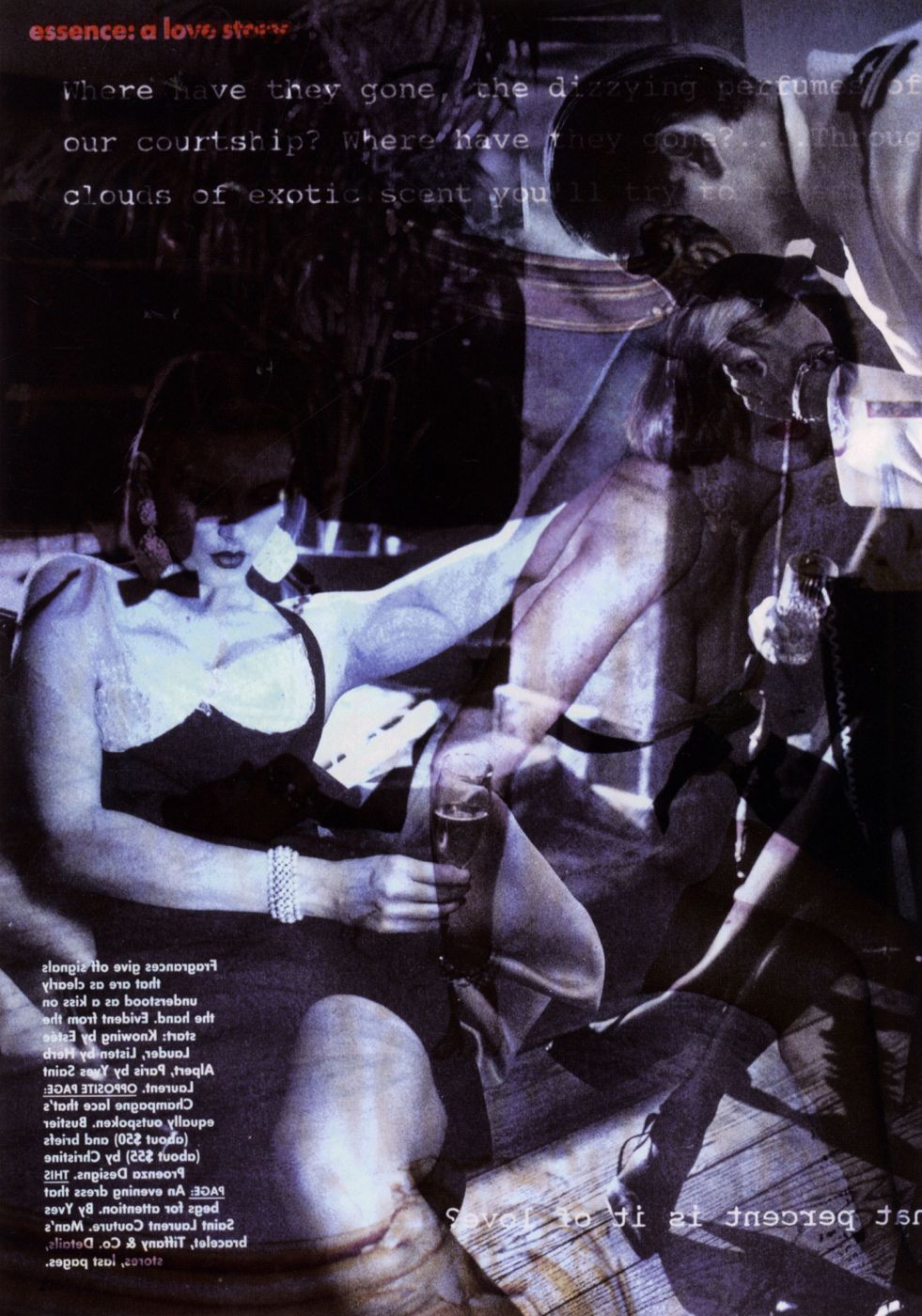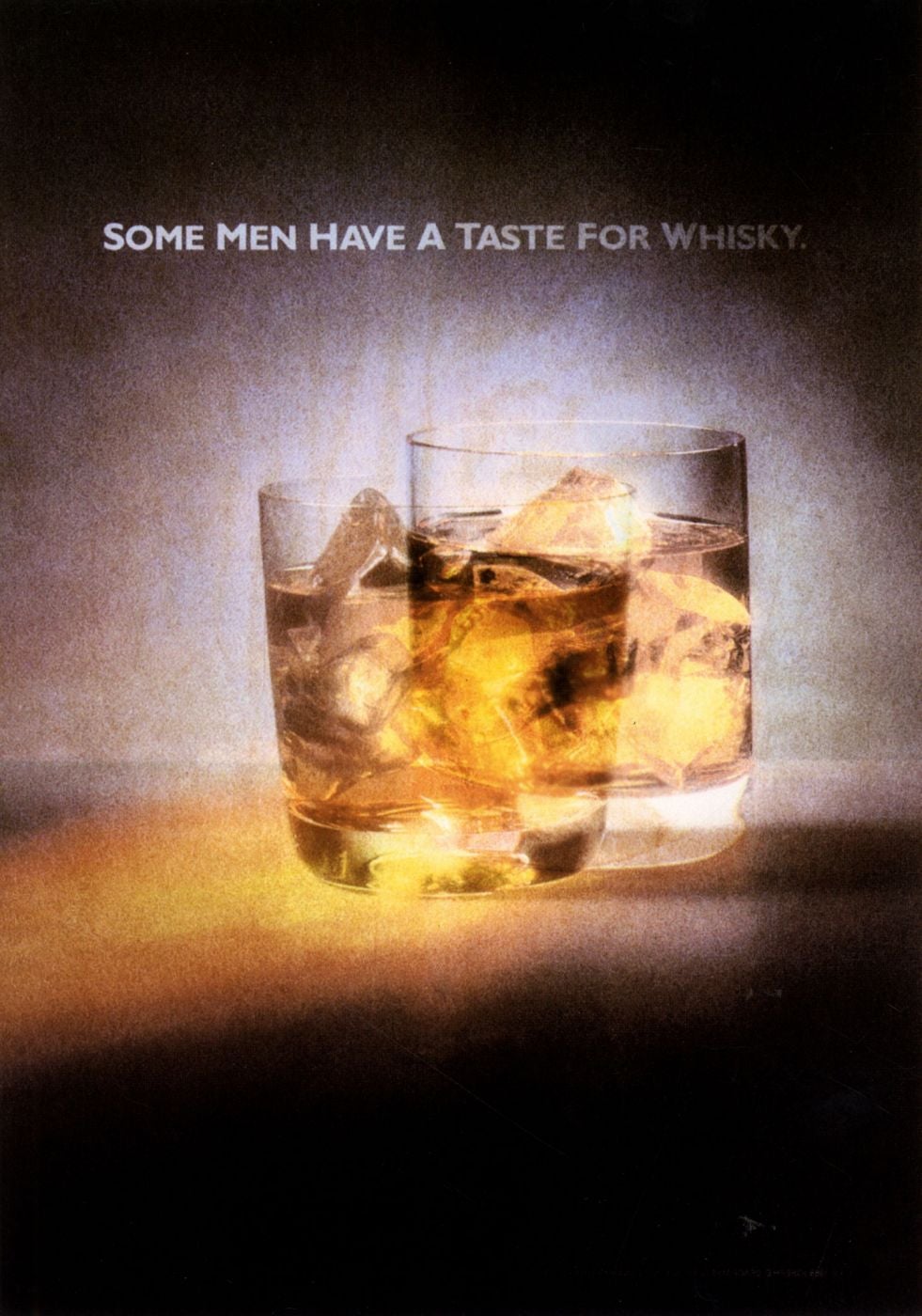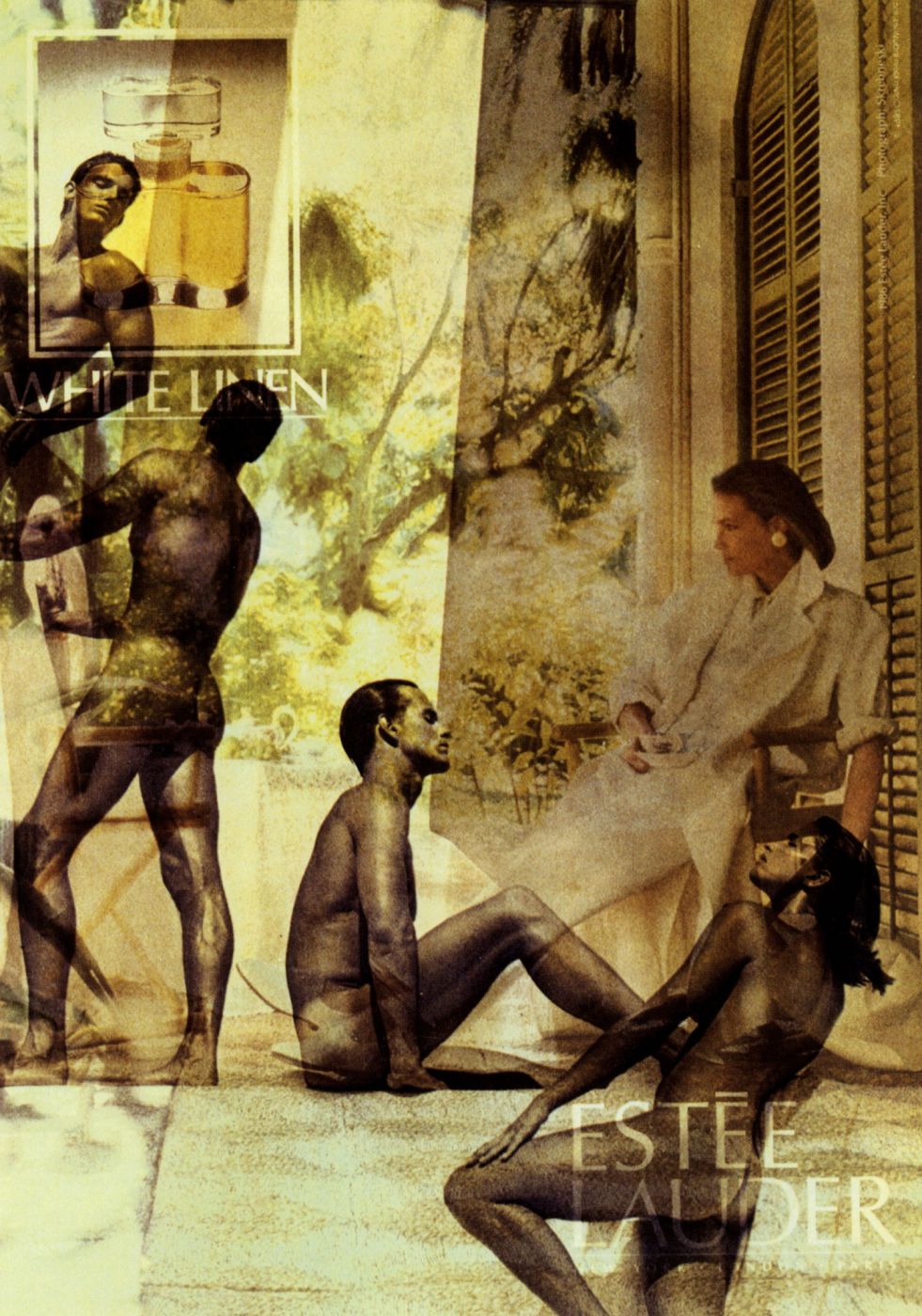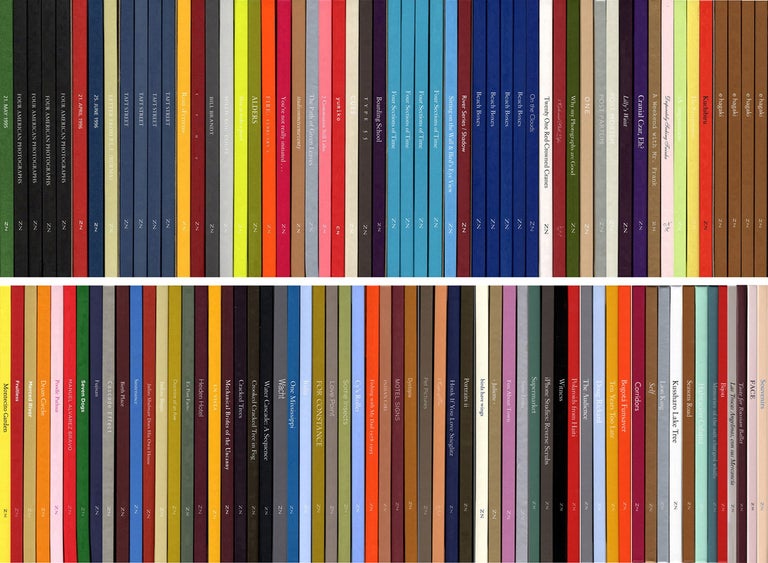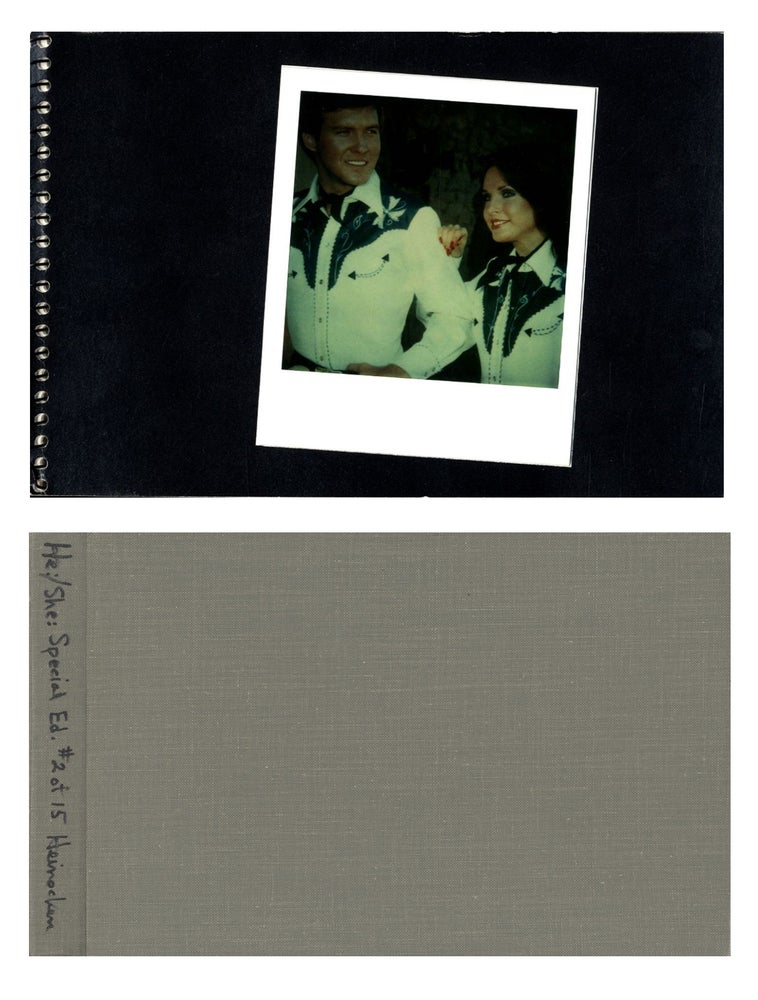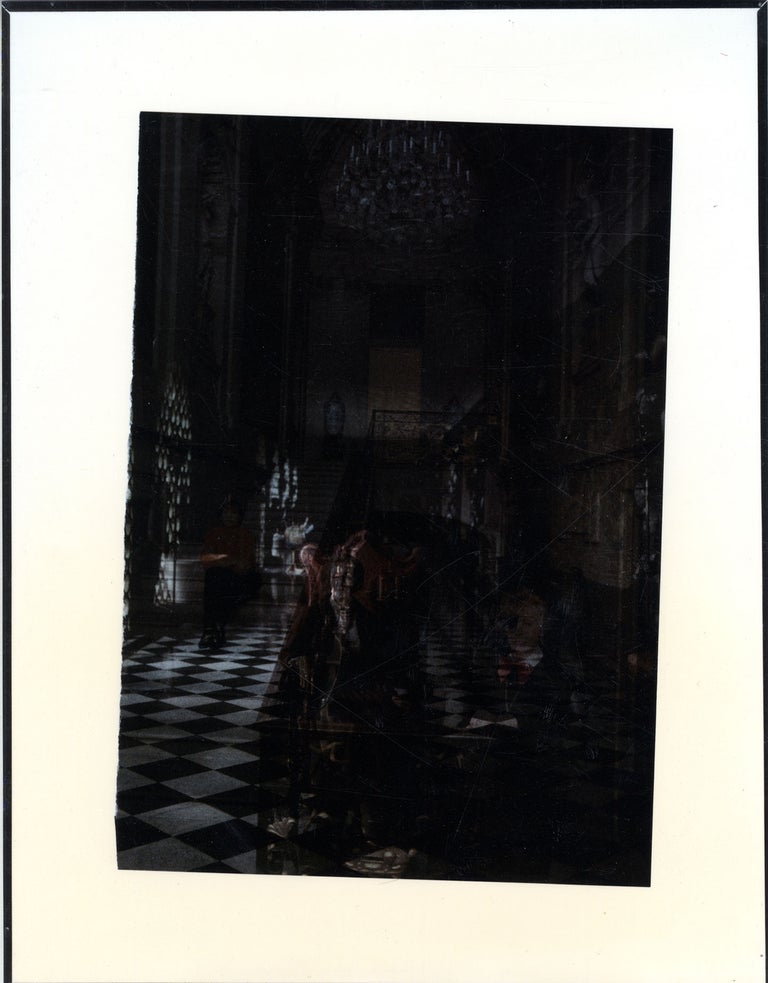Robert Heinecken: Recto/Verso
Publisher: Portland, Oregon: Nazraeli Press, in association with The Joy of Giving Something, Inc. (JGS), 2006
Edition: 1st Edition
Binding: Hardcover
ISBN: 1590051742
Condition: New / No dust jacket as issued
Item #: 101731
$65.00
Specifics
First edition, first printing. Hardcover. Fine white linen cloth, with title stamped in black on front cover and spine and four-color plate tipped in front cover, no dust jacket as issued. Photographs by Robert Heinecken. Essay by Robert Slemmons. Edited by Luke Batten and Jonathan Sadler. 44 pp. (unpaginated), with 23 four-color plates. Beautifully printed on fine matte art paper. 14-1/4 x 11-1/4 inches. This first edition was limited to 1000 copies.
Condition
New in publisher's shrink-wrap.
Description
About Robert Heinecken:
Robert Heinecken is one of the most innovative and influential artists of the second half of the 20th century. He was a pioneer of postmodern photographic practices, and his work anticipated the Pictures Generation artists of the 1970s and 1980s who practiced the appropriation of images from advertising and the media. A self-described “para-photographer,” Heinecken was always challenging the conventions of the then-accepted “canon” of photography. He transformed the possibilities of the medium, and had a profound impact on many photography-based artists who studied with him.
Influenced by Dada and Surrealism, especially Marcel Duchamp, Man Ray and John Heartfield, Heinecken worked with numerous photographic techniques and materials, oftentimes combining them with various printmaking processes. In addition to offset lithography and etching, he made use of film transparencies, photographic emulsion on canvas, gelatin silver prints mounted to wood (e.g., "Multiple Solution Puzzle" Series), Polaroid materials, mixed media collage and photograms (e.g., ARE YOU REA and Recto/Verso Series).
His source materials included popular “lifestyle” magazines, advertising, images taken directly from television screens, pornography and news photographs. Through his ground-breaking works, Heinecken transformed American notions of consumerism, war, eroticism and mass media.
From Robert Heinecken (in the mid-1960s): "We constantly tend to misuse or misunderstand the term reality in reference to photographs. The photograph itself is the only thing that is real, that exists... (There is a vast difference between taking a picture and making a photograph.)."
An excerpt from a text written by Carl Chiarenza (in 1976): "He uses existing photographs... and their reproductions because they have littered the world and our minds with unlimited examples of every conceivable image of truth, beauty, banality, eroticism, brutality, pornography, consumerism, political idea, personality, idol, and ideal. Indeed one is hard put to name anything that has not been replaced by a photographically derived image. His recycling of these images makes this astounding point before making any other. Heinecken knows the photograph is not real. He also knows that most of us still believe it is... The camera eye is lusty and insatiable, a perfect match for Heinecken's eye."
Robert Heinecken was born in 1931 in Denver, Colorado and in 1942 his family relocated to Riverside, California. After serving in the US Marine Corps, he earned a BA in 1959 from the University of California, Los Angeles, where he continued his studies, specializing in printmaking and graduating with an MFA in 1960. He founded the graduate program for photography at UCLA in 1964, where he taught until 1991. Heinecken died at age 74 in 2006 in Albuquerque, New Mexico.
From the publisher: "Recto/Verso is the latest attempt to grasp the magnitude of the monumental archive of photograms that Robert Heinecken created during the past 40 years. In this current sampling, comprised of work from his own archive, Heinecken offers a look back at the decade of the 1980s, where decadence and narcissism inhabit the same space as spirituality and family values. Though the patinas of these color photograms speak of that generation, their revelations are contemporary in their incisiveness. In looking at the history of the photogram, beginning with Henry Fox Talbot's 'photogenic drawings' and Man Ray's 'Rayographs', Heinecken must be viewed as its most rebellious practitioner -- unflinching, enigmatic and alert. Robert Heinecken's work has been widely exhibited in the United States, Europe and Asia, and is included in many major collections, including the Museum of Contemporary Art, Chicago; LA County Museum of Art; and the Center for Creative Photography, Tucson."


